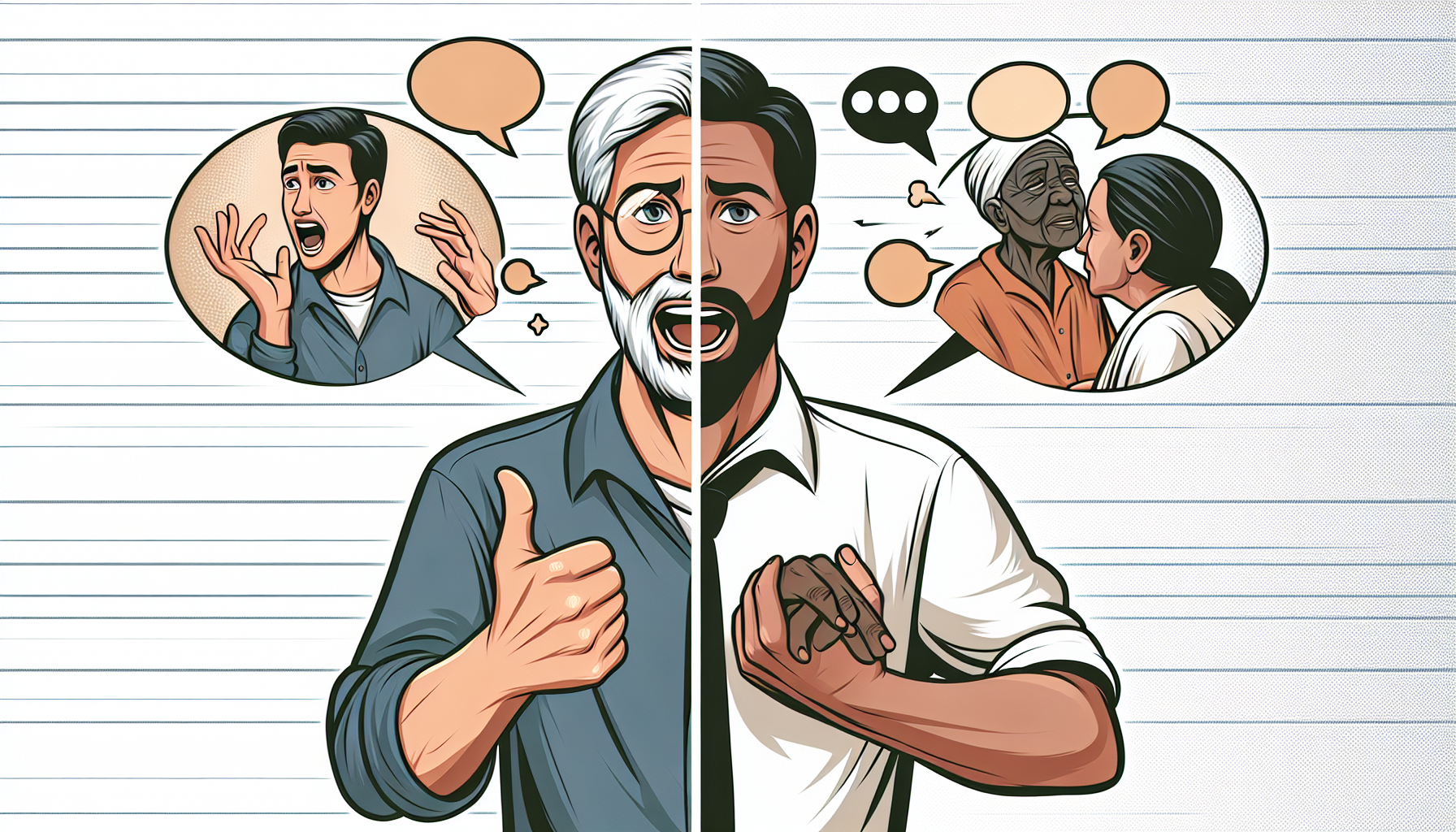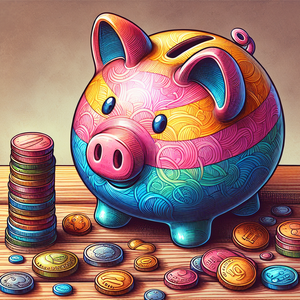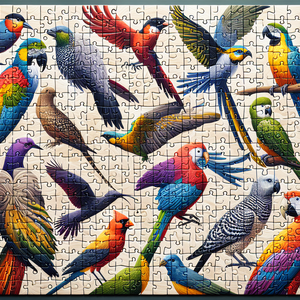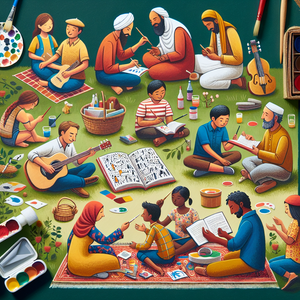The Influence of New York Retail on Global Trends

At the forefront of New York’s retail influence are its iconic brands, each representing a unique facet of the city's spirit. Brands like Ralph Lauren, Calvin Klein, and Marc Jacobs have become synonymous with American fashion, their designs echoing the city's vibrancy and diversity. These companies not only cater to local consumers but also export their aesthetics and philosophies globally. For instance, Ralph Lauren's flagship store on Madison Avenue is not just a retail space; it's a lifestyle statement that encapsulates the American dream. The brand's ability to blend classic styles with contemporary trends has established it as a global leader in fashion. This blend is evident in the way Ralph Lauren has successfully woven elements of Americana into collections that resonate with consumers in Europe, Asia, and beyond. The influence can be seen in the collections of designers worldwide who draw inspiration from American heritage and luxury. Calvin Klein, known for its minimalist designs and provocative marketing campaigns, has also made significant contributions to global fashion trends. The brand’s ability to reinvent itself through collaborations and campaigns keeps it relevant and influential. For example, its collaboration with the streetwear brand A$AP Rocky brought a fresh perspective that appealed to younger audiences, showcasing how New York brands can adapt to changing consumer landscapes.
Innovative Retail Concepts
Beyond fashion, New York's retail landscape is characterized by innovative concepts that challenge traditional shopping experiences. Stores like Glossier's flagship in SoHo have redefined beauty retail by prioritizing customer engagement and social media integration. The immersive experience offered at these locations encourages shoppers to interact with products and share their experiences online, creating a viral effect that extends the brand's reach far beyond the city. Moreover, the rise of experiential retail—where shopping is transformed into an event—has been prominently featured in New York. Brands like Nike and Apple have designed their stores as community hubs where customers can engage in workshops, fitness classes, or product demonstrations. For instance, Nike's flagship store on 5th Avenue features a customizable shoe wall and a running club that attracts athletes and casual runners alike. This approach not only attracts foot traffic but also fosters a sense of community, allowing brands to cultivate loyal customer bases that resonate with their values.
Cultural Influence and Global Reach
New York's diverse culture plays a crucial role in shaping retail trends. The city's melting pot of ethnicities and lifestyles inspires brands to create products that appeal to a wide audience. For example, the success of streetwear brands like Supreme and Off-White can be attributed to their ability to blend high fashion with urban culture, which resonates with consumers across the globe. Supreme's limited releases create a sense of exclusivity and urgency, influencing how streetwear is marketed and sold worldwide. Moreover, New York Fashion Week serves as a pivotal platform for launching trends that will dominate the retail landscape for years to come. Designers showcase their collections to an international audience, often setting the tone for what will be in vogue in markets worldwide. The influence of New York Fashion Week is evident in the rapid adoption of styles seen in stores across Europe and Asia, demonstrating the city's role as a trend incubator. For instance, the resurgence of bold colors and oversized silhouettes seen on the runways of New York has been mirrored in global fashion houses, reinforcing the city's position as a leader in creative direction.
Expert Insights
To gain a deeper understanding of New York's influence on global retail trends, we spoke with industry experts. Dr. Emily Schmitt, a fashion historian, noted, "New York is a cultural barometer. What happens here often sets the stage for global trends, from the runway to the street." Retail consultant Mark Thompson emphasized the importance of innovation, stating, "Brands that adapt to the changing landscape in New York often find success abroad. The agility to respond to consumer demands is crucial."
New York City's retail sector is not merely a reflection of local consumer preferences; it is a dynamic force that shapes global trends. The interplay of iconic brands, innovative retail concepts, and the city's rich cultural tapestry creates a unique environment where trends are born and nurtured. As we continue to witness the evolution of retail in New York, it is clear that the city's influence will remain a pivotal aspect of the global retail narrative, inspiring brands and consumers alike to engage with fashion and lifestyle in new and exciting ways. The legacy of New York retail will undoubtedly continue to echo across the globe, setting standards and inspiring innovation for years to come.
Fashion Brand Manager
Ralph Lauren, Calvin Klein, Marc Jacobs
Core Responsibilities
Oversee brand strategy, ensuring alignment with the company's vision and market trends.
Coordinate product launches, marketing campaigns, and promotional activities to enhance brand visibility.
Analyze market trends and consumer insights to inform product development and positioning.
Required Skills
Strong understanding of fashion retail dynamics and consumer behavior.
Proven experience in brand management or marketing within the fashion industry.
Excellent communication and leadership skills to collaborate with cross-functional teams.
Retail Experience Designer
Glossier, Nike, Apple
Core Responsibilities
Develop and implement innovative retail concepts that enhance customer engagement and brand experience.
Collaborate with marketing and merchandising teams to design immersive shopping environments.
Conduct user research and usability testing to refine retail experiences.
Required Skills
Background in interior design, UX/UI design, or experiential marketing.
Strong creative vision with the ability to translate ideas into tangible retail experiences.
Familiarity with current retail trends and consumer technology.
Trend Analyst in Fashion Retail
Trendstop, WGSN, various fashion houses in NYC
Core Responsibilities
Monitor and analyze emerging fashion trends to provide insights for product development and marketing strategies.
Prepare reports on consumer behavior and market shifts influencing global retail.
Collaborate with design teams to forecast trends and guide collection themes.
Required Skills
Strong analytical and research skills with a keen eye for detail.
Experience in trend forecasting or market research within the fashion industry.
Ability to interpret data and present findings to stakeholders effectively.
Digital Marketing Specialist for Retail Brands
Supreme, Off-White, various e-commerce platforms
Core Responsibilities
Create and execute digital marketing campaigns to drive online sales and brand awareness.
Manage social media accounts, content creation, and digital advertising efforts.
Analyze campaign performance metrics to optimize strategies and improve ROI.
Required Skills
Proficiency in SEO, PPC, and social media marketing.
Strong writing and content creation skills tailored for brand messaging.
Familiarity with analytics tools to track and report on campaign effectiveness.
Visual Merchandiser
Macy's, Bloomingdale's, various independent boutiques in NYC
Core Responsibilities
Design and implement visually appealing displays that enhance product presentation and promote sales.
Collaborate with store management to create seasonal layouts and promotional setups.
Stay updated on retail trends to ensure displays are current and engaging.
Required Skills
Strong creative flair with an understanding of color, design principles, and consumer psychology.
Experience in merchandising or retail environment, ideally within the fashion sector.
Ability to work under pressure and meet tight deadlines.


